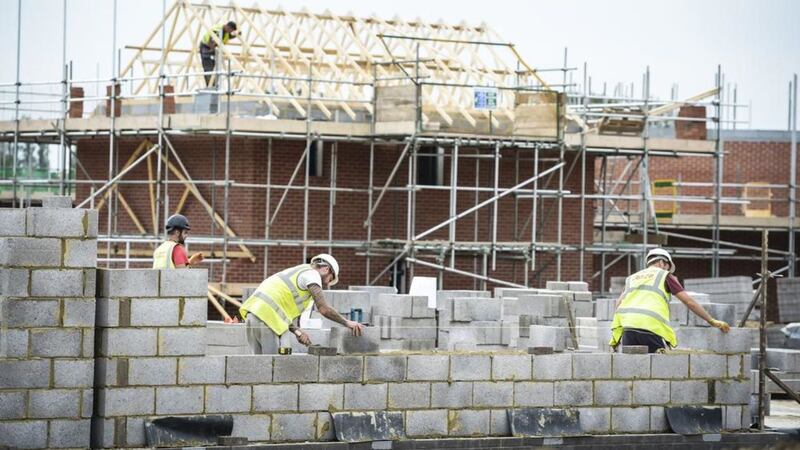ECONOMIC growth in Northern Ireland will be slower than anticipated in 2016 and 2017 due to uncertainty surrounding Brexit, Danske Bank has said.
In its latest economic forecast, the bank said it expected lower investment levels coupled with higher inflation in the medium term.
But it is unlikely the north will descend into outright recession, Danske said.
The bank's quarter sectoral forecast report suggest the Northern Ireland economy will grow by 1 per cent this year and 0.5 per cent in 2017.
This has been revised down significantly from the previous report, in which growth of 1.6 per cent had been expected for this year and 1.9 per cent in 2017.
The bank said the north was in a "reasonably good place" approaching Brexit given falling unemployment levels and low inflation.
The best performing sectors are expected to be ICT (3.6 per cent), wholesale and retail (2.8 per cent), arts and recreation (2.8 per cent) and private administration (2.8 per cent).
At the other end of the scale however are some of the north's most important sectors.
They include agriculture (0.8 per cent), real estate (0.8 per cent), manufacturing (0.4 per cent), construction (-1.1 per cent) and public administration and defence (-2.4 per cent).
Danske Bank chief economist Angela McGowan said: “We stress that uncertainty surrounding our forecasts is higher than usual as the Brexit withdrawal negotiations are only set to begin early next year.
“There is no doubt that the current lack of clarity around future trade relations, access to skills, the border and future funding streams will all negatively impact upon investment and recruitment in the year ahead.
"However, we must balance that uncertainty with the fact that policy levers will be used to offset some of this damage and the weak pound should lift exports. The forthcoming autumn statement should be one of the most interesting for years.”
She said the initial shock of the referendum had faded, at least for now.
"The withdrawal from the EU has not yet happened and Brexit uncertainty could hit sentiment, growth and financial markets again when Article 50 is finally triggered," Ms McGowan added.
“For many NI firms it makes sense to carry on in a ‘business as usual’ mode as access to markets has not yet changed. In addition, domestic consumption appears to be holding up well.
"There is little doubt from business surveys that investment intentions have lowered. Some expansion plans are on hold and recent business polls have suggested that recruitment has also slowed.”






